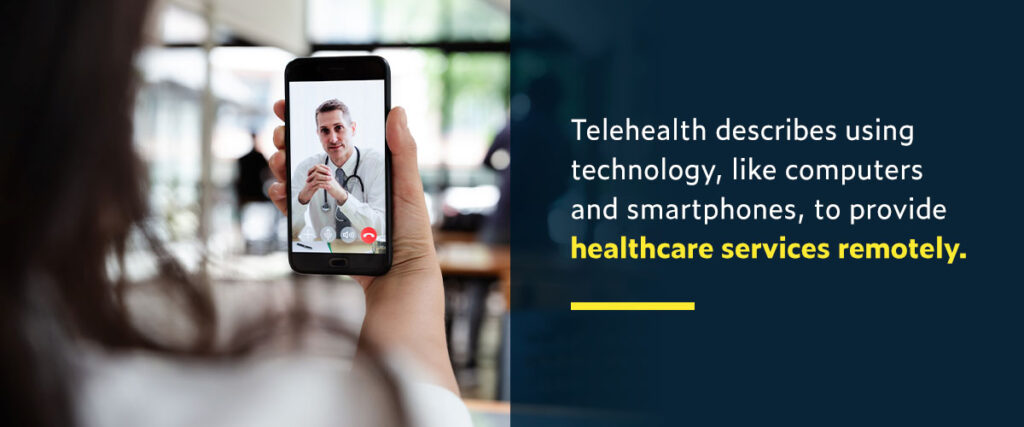How Subscription Based Healthcare is Changing Patient Accessibility to Services
How Subscription Based Healthcare is Changing Patient Accessibility to Services
Blog Article
Browsing the Future of Medication With Subscription-Based Health Care Services
As the health care sector evolves, subscription-based solutions emerge as a critical model promising to reshape individual treatment shipment. The solutions to these concerns can fundamentally alter our approach to health care.
Increase of Registration Healthcare
As health care systems worldwide face increasing stress from increasing expenses and demand for solutions, the introduction of subscription-based health care versions has become a transformative pattern. This cutting-edge method is interfering with traditional health care shipment by supplying a predictable, flat-rate payment structure for medical services. Rooted in the principles of attendant medication, subscription-based medical care allows suppliers to concentrate on tailored client treatment while all at once managing operational efficiencies.
The surge of this version can be connected to a number of factors. Technical advancements have actually enabled more seamless combination of treatment via telehealth and electronic health records, assisting in the scalability of registration services. The raising customer need for transparency and predictability in medical care expenses has driven the change towards this model. Subscription-based services commonly use straight access to health care professionals, which can reduce the management concerns related to insurance policy cases and repayments (subscription based healthcare).
This design is getting traction among diverse medical care service providers, from health care physicians to specialized centers, by lining up financial incentives with constant and precautionary treatment. By moving the emphasis from volume to value-based treatment, subscription medical care has the prospective to improve the landscape, promoting a much more patient-centered and lasting technique to wellness monitoring.
Advantages for Patients

In addition, subscription-based services commonly highlight precautionary treatment, motivating normal examinations and health and wellness screenings. This aggressive technique can lead to early detection of health problems, potentially improving outcomes and minimizing long-term healthcare costs for individuals. Such designs usually supply transparent pricing, allowing people to better understand their healthcare expenses and stay clear of unanticipated clinical costs.
The personalized nature of subscription-based health care additionally enhances patient experience. Patients can receive customized medical care strategies that fit their particular demands, fostering an extra patient-centric approach.
Innovation's Duty in Change

Expert system (AI) plays a vital function in predictive analytics, aiding in early medical diagnosis and customized treatment plans. AI algorithms evaluate huge datasets to recognize patterns that may be forgotten by human monitoring, hence enhancing medical decision-making. Digital health documents (EHRs) improve person information management, making certain continuity and coherence of care throughout numerous services and companies.
Blockchain technology boosts information safety and security and privacy, vital for keeping patient rely on digital systems. It enables clear and protected transactions of medical data, making certain that delicate info stays protected. With the integration of artificial intelligence and AI, blockchain can automate intricate health care processes, reducing administrative problems.
Difficulties and Considerations
While modern technology moves the capabilities of subscription-based health care solutions, it additionally presents a collection of challenges and factors to consider that have to be addressed to ensure effective implementation. One significant challenge is the equitable availability of these look at this web-site solutions.
Information personal privacy and safety represent an additional critical factor to consider. Subscription-based solutions frequently involve the collection and storage of large quantities of personal wellness details. Companies must comply with strict data defense policies to preserve person depend on and protect against unapproved accessibility, which might bring about substantial ethical and lawful consequences.
Moreover, the sustainability of registration versions presents an obstacle. As healthcare requires evolve, maintaining a cost-efficient balance between membership fees and solution quality is important to prevent client dissatisfaction and attrition. Furthermore, integrating these services within standard medical care systems calls for smooth interoperability between platforms, which is often a complicated and resource-intensive undertaking. Attending to these challenges is vital as subscription-based health care services remain to evolve and increase.
Future Implications for Medicine
Subscription-based health care services are poised to significantly affect the future landscape of medicine by reshaping exactly how care is accessed and provided. These models use the possible to democratize health care gain access to, giving clients with more prompt and individualized treatments. By leveraging modern technology, such as telemedicine and data analytics, registration services can promote continuous surveillance and tailored health administration, thus enhancing outcomes and reducing the concern on standard medical care systems.
As these services gain traction, they might promote a shift towards preventative care, emphasizing the significance of very early detection and management of chronic conditions. This positive method might eventually lower medical care expenses by mitigating the demand for pricey treatments arising from late-stage condition management. Membership designs provide a scalable service to deal with differences in health care access, particularly in country or underserved populaces.
Nonetheless, the change in the direction of subscription-based designs requires attending to moral and governing factors to consider, including information privacy and fair access. As the market develops, collaborative initiatives in between policymakers, innovation programmers, and doctor will be essential to establishing durable frameworks that protect person rate of interests while promoting technology. Inevitably, these services assure to add significantly to a more reliable, patient-centered health care environment.

Verdict
Subscription-based health care solutions represent a substantial development linked here in the medical area, supplying predictable prices and customized care that enhance availability and focus on precautionary procedures. Technological improvements, such as telemedicine and AI-driven analytics, help with customized client experiences, boosting overall health outcomes. However, obstacles such as information personal privacy and equitable access must be addressed to guarantee the extensive advantages of these services. As the healthcare landscape develops, registration designs are poised to play an important function fit the future of medicine.
As the healthcare industry advances, subscription-based services arise as a pivotal version promising to improve person care shipment.As healthcare systems around the world face boosting stress from increasing costs and need for solutions, the advent of subscription-based healthcare designs has arised as a transformative trend my website (subscription based healthcare).With the rise of subscription-based medical care versions improving traditional health care shipment, individuals are beginning to experience considerable advantages from this innovative strategy. As health care requires advance, preserving a cost-efficient equilibrium between registration costs and service quality is essential to avoid individual dissatisfaction and attrition.Subscription-based health care solutions are positioned to dramatically affect the future landscape of medication by improving just how treatment is accessed and provided
Report this page